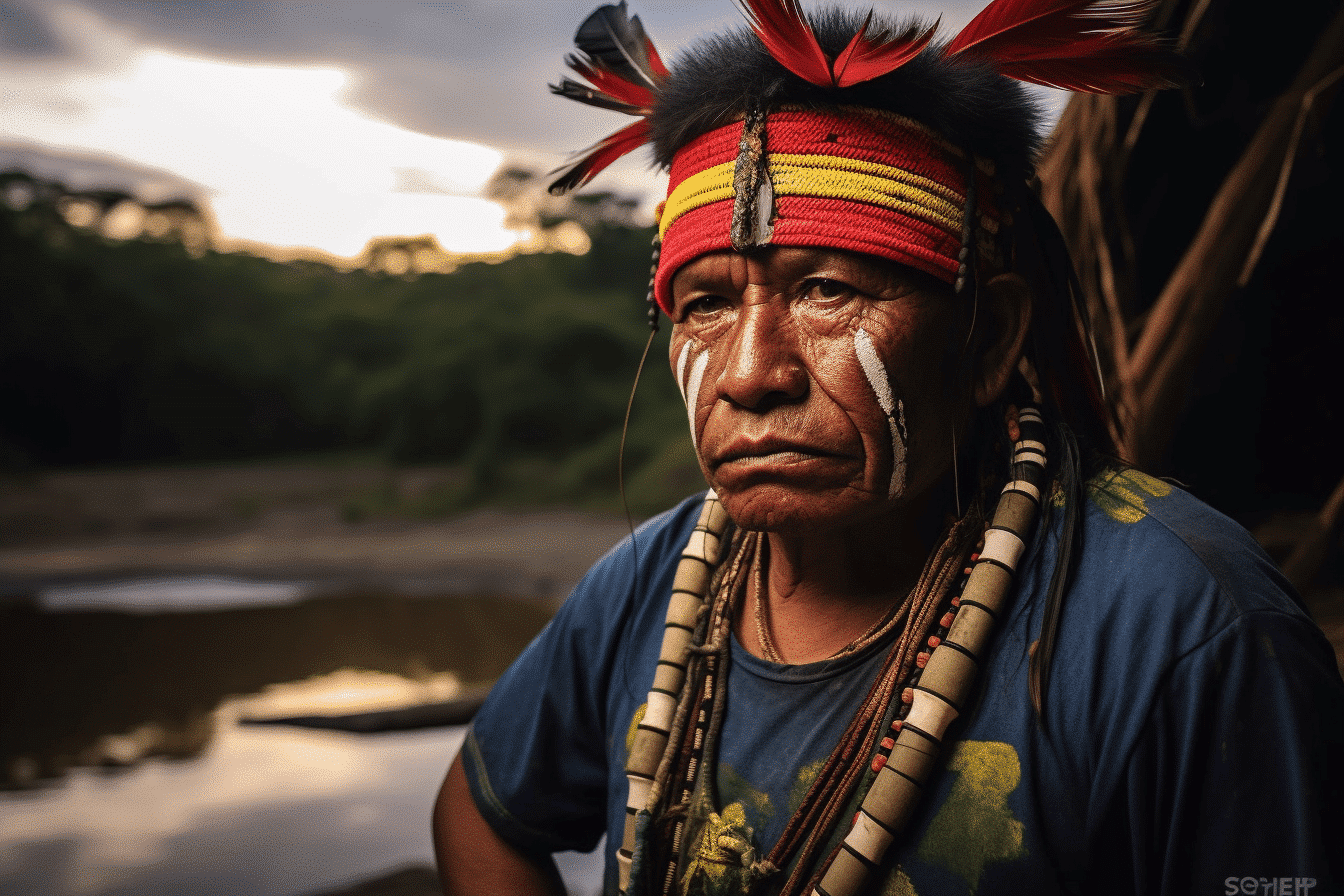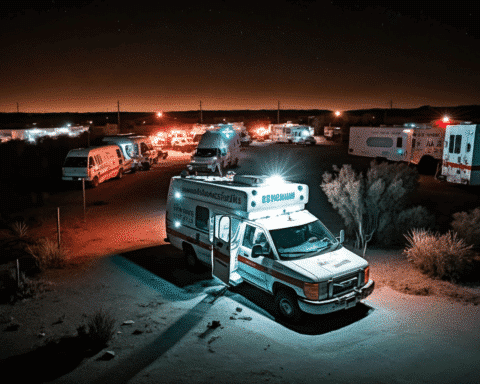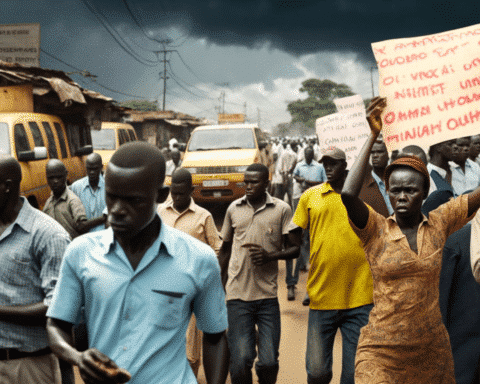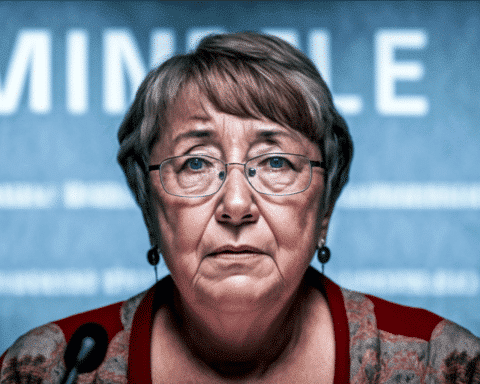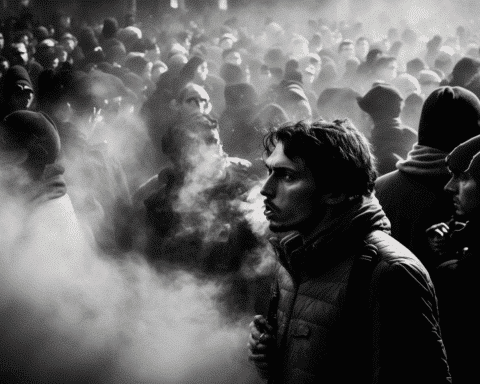A ruling initially giving an Indigenous tribe in Peru’s Amazon the rights to their ancestral rainforests has been reversed by an appeals court, a decision some legal experts are criticizing as irregular.
Inhabitants of the Cordillera Azul National Park area for centuries, the Kichwa tribes saw their lands overtaken with the park’s establishment in 2001 – a move they deem as land theft. Large corporations, such as Shell and TotalEnergies, have since invested over $80 million in carbon credits within the park.
However, this investment has failed to support the Kichwa’s Puerto Franco community, which suffered food insecurity after losing free access to hunting, fishing, and gathering within the park. In April, they celebrated a major legal victory when Judge Simona del Socorro Torres Sánchez decreed that the park’s creation violated their rights due to the lack of consent. She instructed authorities to initiate the process of land titling for the community and to include them in the park’s conservation and management activities.
Yet, the ruling was invalidated by an appeals court just ten days later. The court argued that CIMA, the nonprofit managing the park and its carbon credit project for the Peruvian government, had been wrongly included as a co-defendant in the case. The court discarded the ruling based on “insurmountable defects” in due process and judgment motivation.
Executive Director of CIMA, Jorge Aliaga, expressed approval of the decision, emphasizing the importance of following legal procedures in Peru.
However, three Peruvian lawyers who examined the case for The Associated Press have disputed the appeals court’s decision. All three agreed that rejecting the verdict was inappropriate altogether, with two suggesting that a possible early procedural error does not equate to a due process violation. They argued that the court seemed more focused on procedure than substance.
Further criticism came from Juan Carlos Díaz, a constitutional lawyer at Pontifical Catholic, who saw no reason to nullify the original ruling, noting that CIMA’s attorney did not object to its inclusion as a co-defendant during the hearing. Another expert, Silvia Sánchez, an associate professor at the Academy of the Magistrature, called the reasons for disrupting the whole process and returning it to the hearing “irrelevant or minimal.”
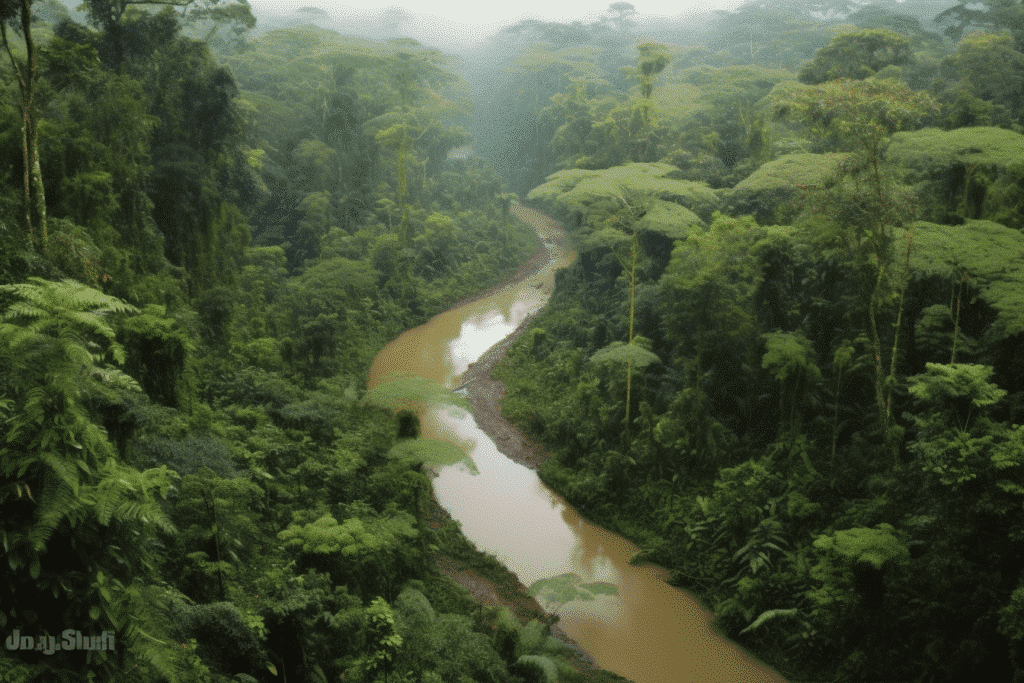
Despite the alleged procedural error, the case did not return to Judge Del Socorro Torres Sánchez. Instead, the government requested the appellate panel to consider the case based on its merits. The government insists that the Kichwa’s claim is invalid due to an expired statute of limitations, and the park and Kichwa territory can’t overlap since the latter has never been legally defined.
Yet, an investigation in December highlighted that parkland is likely to contain Kichwa ancestral territory, based on the definition provided by an International Labour Organization (ILO) Indigenous convention Peru agreed to in 1994.
Members of the Kichwa tribe tearfully recounted their struggles since losing access to their land. They lamented their inability to educate their children and reliance on an overfished river for sustenance.
Peruvian authorities claimed that the Kichwa did not object when the park was created in 2001 and remained silent during a mapmaking workshop in 2003.
However, Judge Del Socorro Torres Sánchez stated that the Kichwa’s rights had been repeatedly violated during the park’s creation without prior consultation. She also expressed that Indigenous consent is not a mere formality to be disregarded.
Her ruling had implications for the Kichwa to gain profits from carbon credit sales, and she ordered the parks authority Sernanp to allow the native communities to benefit from their land’s conservation activities.
Efforts to contact the Puerto Franco Kichwa have failed due to inconsistent cell service in the parking area.
The Forest Peoples Programme, an advocacy organization for the Kichwas, emphasized that the initial ruling set a significant precedent for Indigenous tribes throughout Peru. They criticized the appeals court’s decision to dismiss it as a conspicuous judicial irregularity and urged Peruvian authorities to conduct an investigation.
Grández of Pontifical Catholic maintained that the lower court’s ruling should apply while awaiting appeal.
The Peruvian government has yet to respond to multiple requests for comments.
This judicial saga reveals the ongoing struggles of Indigenous communities in Peru and around the world as they seek to reclaim their ancestral lands. Puerto Franco Kichwa’s journey exemplifies the intricate battle between economic interest, environmental conservation, and human rights. It underscores the need for more robust legal protections for Indigenous communities, which ensure the preservation of their cultural heritage and contribute to global environmental conservation efforts. In the meantime, the Kichwa’s wait for justice continues, a powerful reminder of the significant obstacles Indigenous communities still face in their quest for land rights.
